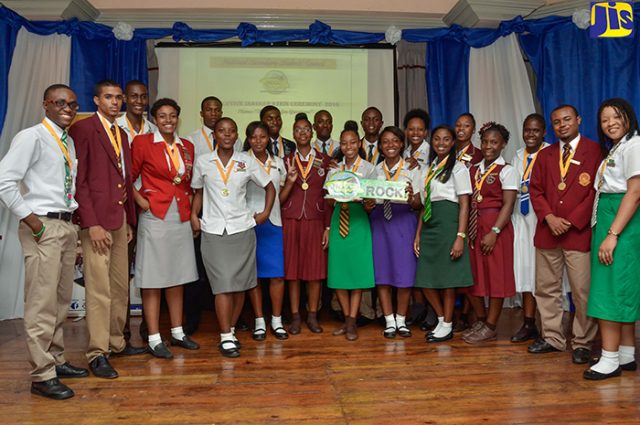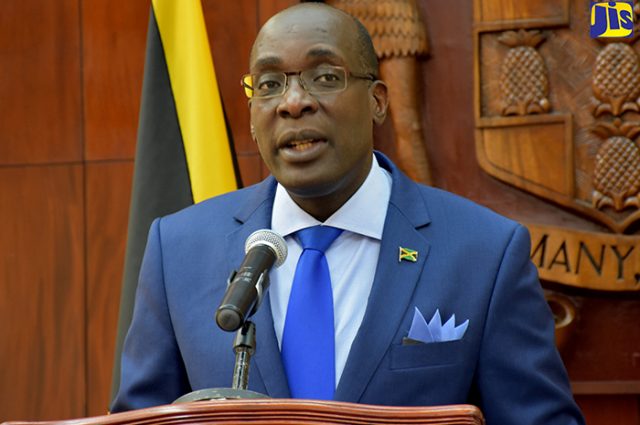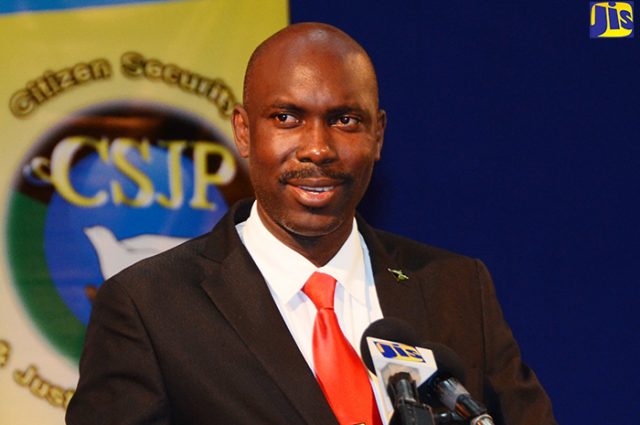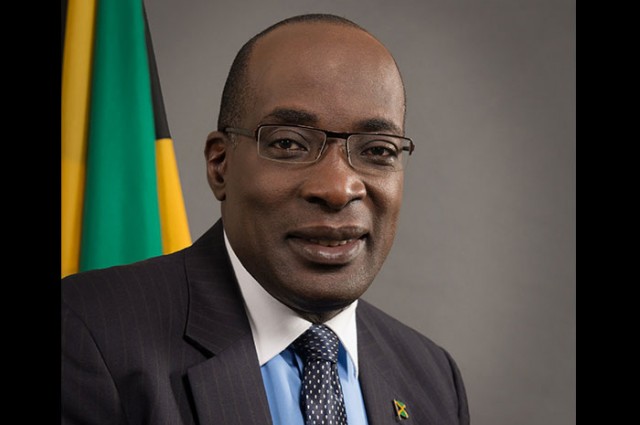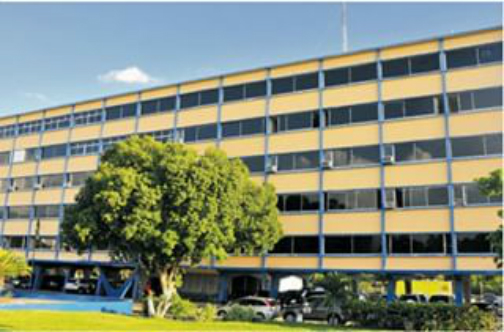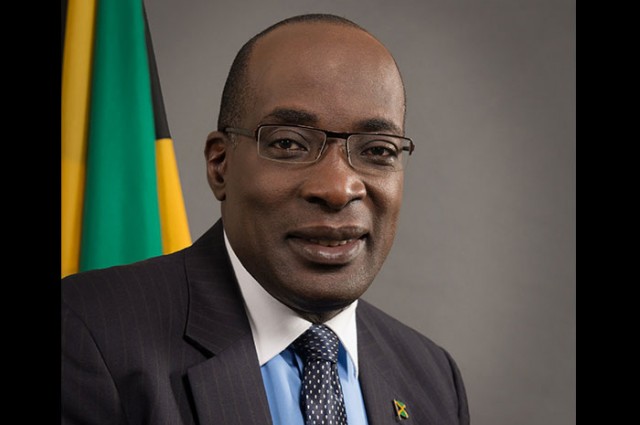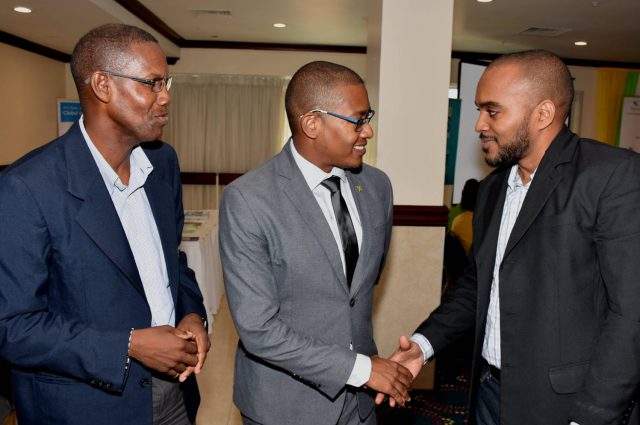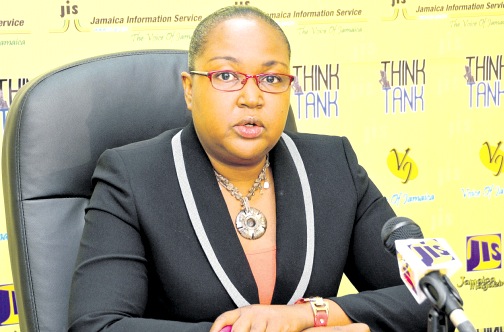JIS: The Ministry of Education, Youth and Information will be reviewing student councils across the island to ensure that these bodies are actively engaged and functioning at an optimal level.
State Minister, Hon. Floyd Green, in making the disclosure, said it has come to the attention of the Ministry that some councils are not as active as they should be in representing the interests of the student body.
He noted that student councils play an important role in the effective operation of secondary schools.
“You have a position to play by law. It is enshrined in the Education Act and as such, we expect that every single secondary school will have a student council president, a student council body, and that the president will sit on the Board of the institution and participate in the governance of the school,” he said.
“It is important that students have a say in how their schools are run. Schools are set up to serve you the students,” he stressed.
Mr. Green was addressing the installation ceremony for executive members of the National Secondary Students’ Council (NSSC) held on Wednesday (October 12) at the Institute of Jamaica in Kingston.
Under the Education Act of 1980, all public secondary institutions must have a student council, which consists of elected representatives from the student body, with at least one staff advisor also selected by the students.
The council has the right to democratically elect their own representatives; have representation on the school board; meet with the principal and staff on any matter affecting students’ interests; and hold regular meetings to conduct business on the students’ behalf, with due regard to the smooth functioning of the institution.
The 20-member NSSC, which will serve from September 2016 to August 2017, is comprised of representatives of schools spanning the six education regions.
These are The Queens’ School, Wolmer’s Boys’, Camperdown High, Campion College, Denham Town High, and St. Hugh’s High in Kingston and St. Andrew; Morant Bay High and Paul Bogle High, St. Thomas; Ferncourt High, St. Ann; Mt. Alvernia High, St. James; Belmont Academy and Frome Technical High, Westmoreland; DeCarteret College, Belair High, and Manchester High, Manchester; Clarendon College, Clarendon; St. Jago High and Cedar Grove Academy, St. Catherine.
Mr. Green commended the outgoing members of the NSSC and encouraged the newly installed members to work collaboratively with the Ministry to address challenges.
“I want to commend you on new initiatives that help our students. The NSSC has an exceptional legacy… . It has created countless leaders… a number of them started their leadership development as student councillors,” he noted.
Executive Director, National Integrity Action, Professor Trevor Munroe, who was the guest speaker at the function, encouraged the students to continue the legacy of activism that encourages positive social change.
“The empowerment of students at the school level is an important apprenticeship in democracy. Such preparation for participation in democracy at the school level is absolutely essential if our young people are to fulfil their role in enhancing Jamaica’s democracy,” Professor Munroe pointed out.
The NSSC is the umbrella organisation for all student councils in Jamaica. It aims to give students the opportunity to voice their opinions on matters that affect them.
The NSSC represents more than 160 secondary schools and over 30,000 students, advocating on their behalf and providing representation in the decision-making process of schools at all levels.
CAPTION: Members of the National Secondary Students’ Council (NSSC) for 2016-2017, share a photographic moment at the installation ceremony held on October 12 at the Institute of Jamaica in Kingston.


